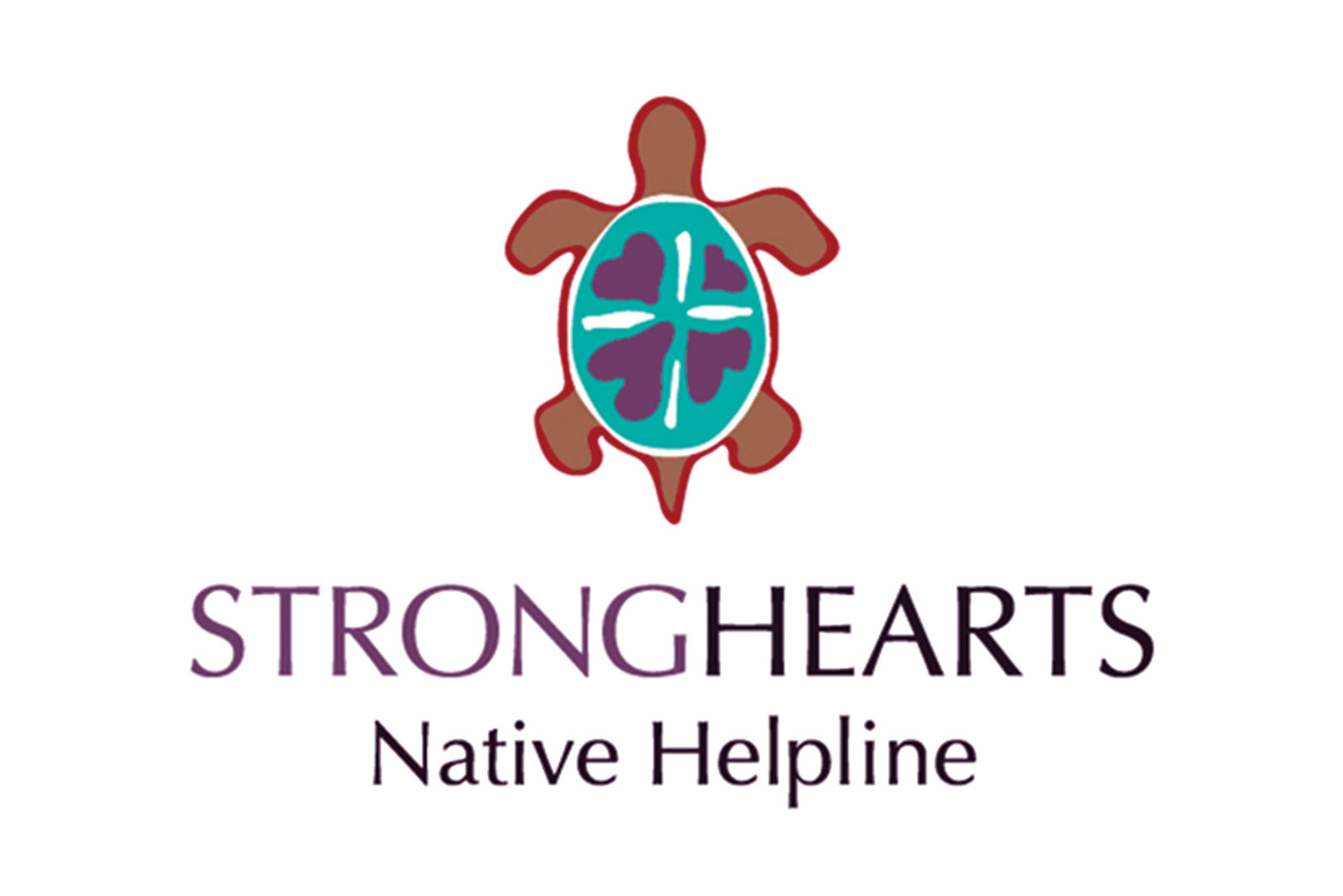The outbreak of coronavirus earlier this year left many mental health professionals concerned that stay-at-home orders and other safety measures designed to protect citizens from the pandemic could cause an increase in mental health issues. Unfortunately, mental health disorders and access to mental health care has been an ongoing struggle for Native Americans. With the additional mental drain resulting from the virus’ spread, it’s important now more than ever to support our relatives by understanding mental health and how it disproportionately impacts our communities.
Education
The first step in supporting people who struggle with their mental health is to educate yourself on how mental health disorders develop and how their development can impact every facet of a person’s life. Experts are not entirely sure what can cause mental health disorders. However, the consensus is that a mixture of genetics, environmental factors, and traumas like war, intimate partner violence, or child sexual abuse can result in lifelong mental health struggles. Native American communities specifically have to contend with historical trauma, which is defined as cumulative emotional and psychological wounding over one’s lifetime and from generation to generation following the loss of lives, land, and vital aspects of culture. According to Mental Health America, over 21% of Native Americans had a diagnosable mental health disorder in the past year, totaling over 830,000.
Effects
The effects of these mental health disorders can be devastating to individuals and the Native American community as a whole. Having a serious mental health disorder can reduce an individual’s life expectancy by 10 to 20 years, as depression and high levels of psychological stress may result in increased rates of heart disease, diabetes, and even an increased risk of cancer. Difficulty regulating emotional health can also destroy a person’s ability to cope with the stresses of everyday life, including maintaining friendships and supporting a family.
Impact
The impact of fractured familial bonds on our communities has been and continues to be significant. For decades, our children were removed from their homes and stolen from their families to be re-educated at boarding schools. At these schools, many children were victims of institutional abuse, including regular beatings, sexual abuse, and punishment for practicing any kind of activities that contributed to the survival of their own culture. This complete disruption of Native American family life and culture fostered the same kind of historical trauma that mass violence and persecution caused earlier generations. The separation of children from their families and their culture has lasting effects on the mental health of Native Americans to this day.
RESOURCES:
Now in this time of national crisis, these mental health struggles are even more important to highlight. Everyone – including our peoples – should be especially mindful of how the stresses of the pandemic could affect their mental well-being and the well-being of their communities.
These resources are available for anyone struggling with their mental health:
National Suicide Prevention Hotline
The Lifeline provides 24/7, free and confidential support for people in distress, prevention and crisis resources for you or your loved ones, and best practices for professionals. 1-800-273-8255.
StrongHearts Native Helpline
StrongHearts is a safe, anonymous and confidential domestic, dating and sexual violence helpline that offers culturally-appropriate support and advocacy for American Indians and Alaska Natives. If you or someone you love is experiencing domestic, dating or sexual violence or if you have questions about your behavior, help is available. For one-on-one advocacy, click on the Chat Now icon at https://www.strongheartshelpline.org/ or call 1-844-7NATIVE (762-8483). Advocates are available daily from 7 a.m. to 10 p.m. CT.

